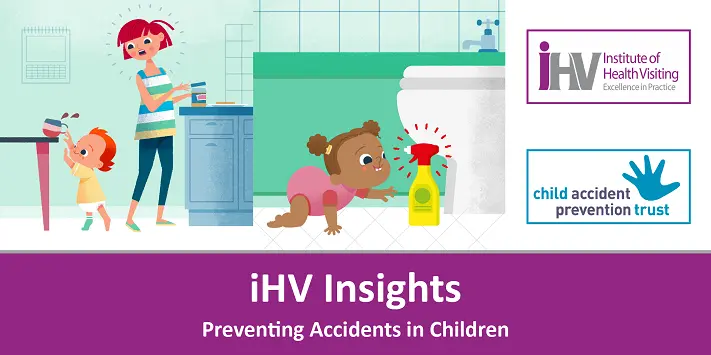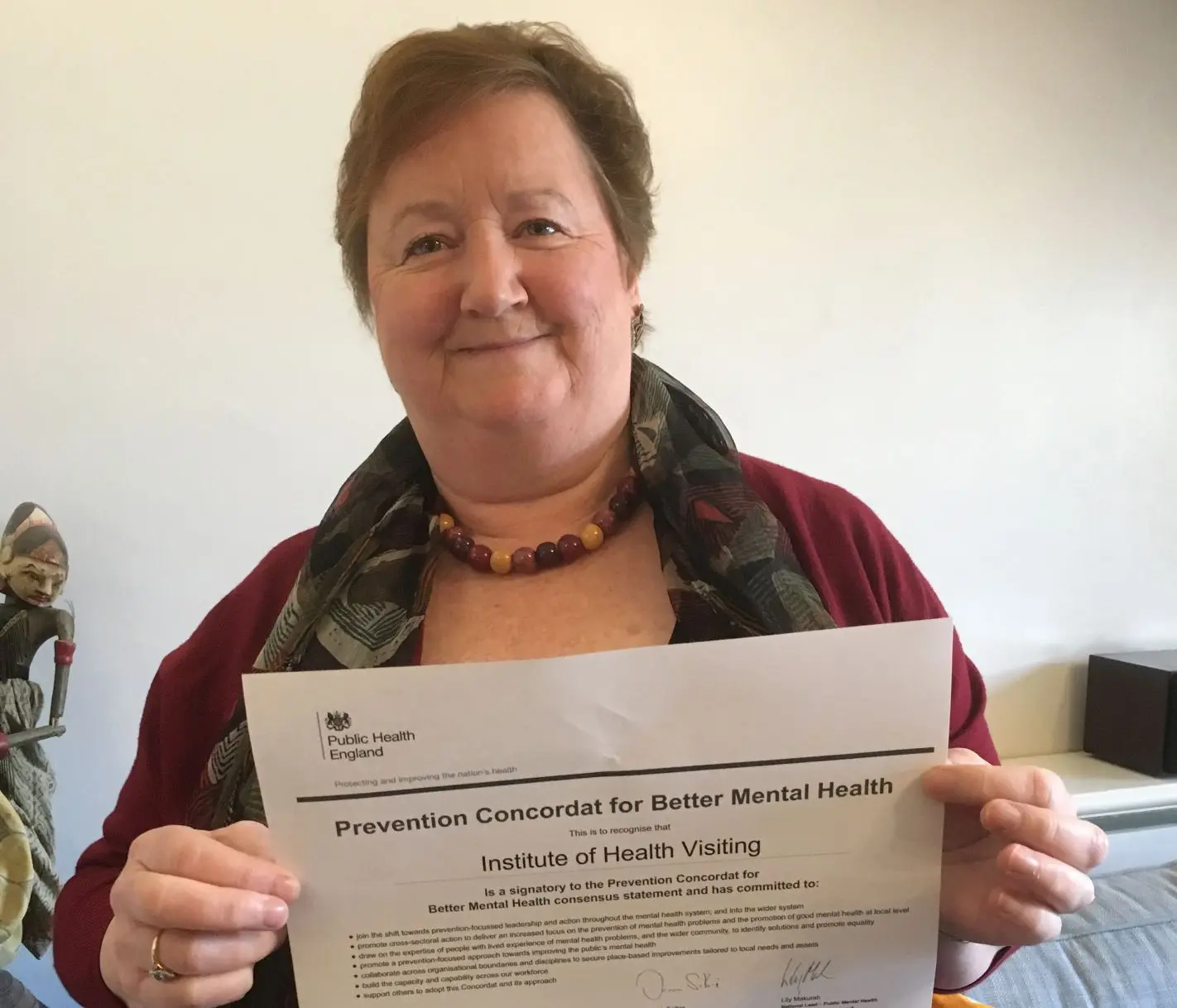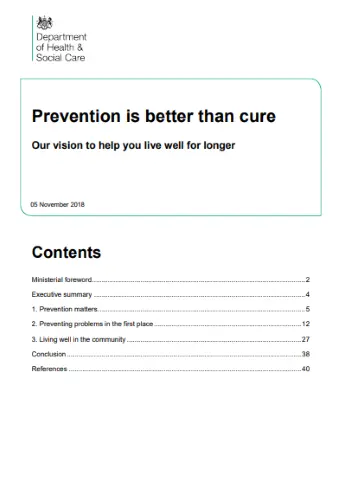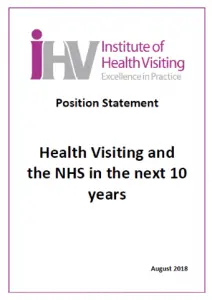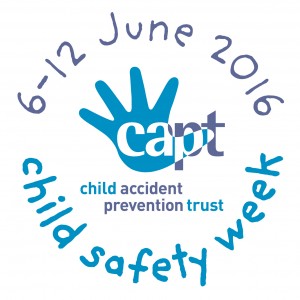Our highly popular iHV Insights webinar programme continues with our next event for iHV members taking place on Thursday 27 May 2021, 3:30 to 4:30pm.
Being held in the build up to Child Safety Week which takes place 7-13 June, this iHV Insights will cover the topic of: “Preventing Accidents in Children”. It will focus on the health visiting skills and role to support preventing accidents in children.
We are delighted to be joined by our expert panel of speakers, including:
- Katrina Phillips, Chief Executive, Child Accident Trust
- Toity Deave, iHV Fellow, Assoc Professor for Family & Child Health, Centre for Academic Child Health at University of the West of England, Bristol
- Sue Hall-Wallace and Hayley Douglas-Jones, Clinical Leads for the Health Visiting Teams in South Warwickshire NHS Foundation Trust
The webinar will also be recorded and will be available to iHV members on our website after the event.
Please join us.
How to book for iHV members
Go to our EventBrite booking page and please use your iHV membership number as your access code. If you have any problems or enquiries please email [email protected] and we will be happy to help.
Once you have submitted your details, you will be able to select your ticket and proceed to checkout – please note that this webinar is free to iHV members.
Not an iHV member?
Previous iHV Insights
The great news is that all iHV Insights webinars are available for iHV members to access as a free member benefit after the event, as well as joining the live session. As a member you can access all of our previous iHV Insights webinars with their supported resources that includes topics on:
- managing childhood illnesses;
- domestic violence and abuse;
- health visiting during a pandemic;
- training as a health visitor during a pandemic;
- supporting smoke-free families;
- improving support for children with parents who are dependent on alcohol;
- bereavement, the NBCP & Health Visiting
- working with children with autism – resources to support your practice
Click here and login to catch up on our previous iHV Insights.

